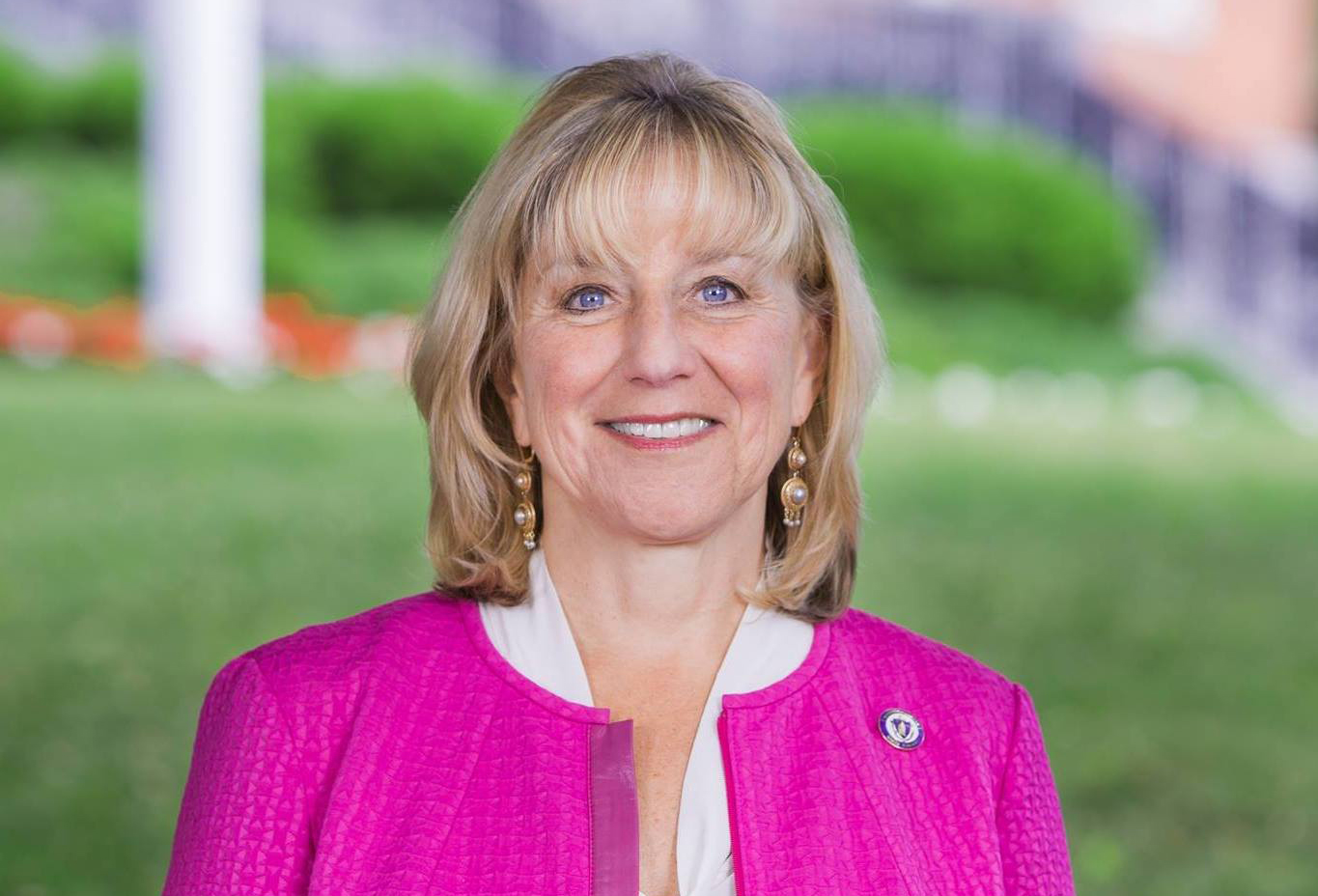The following is a press relese from Senate President Karen E. Spilka’s office.
***
[broadstreet zone=”51611″]
[broadstreet zone=”80100″]
BOSTON (07/16/2020) — The Massachusetts State Senate on Thursday passed legislation to jumpstart investment in transportation infrastructure and make the Commonwealth’s transportation system more reliable and accessible to residents. The bill includes critical transportation investments for the communities of Framingham, Ashland, Hopkinton, Natick, Franklin, Holliston and Medway.
“As a long-time advocate for investment in transportation and regional equity, I am thrilled to see this bill invest in projects and ideas that put us on the road to creating a more accessible and reliable system for travelers across MetroWest,” said Senate President Karen E. Spilka (D-Ashland). “The approach advanced today helps us begin the critical work of improving our infrastructure and provides us with new tools to tackle our transportation challenges. Additionally, the investments outlined today will assist our communities at a time of economic uncertainty. I would like to thank Senators Joe Boncore, Michael Rodrigues, and Michael Moore for all their hard work on this legislation and look forward to it swiftly becoming law.”
The bill must now be reconciled with legislation previously passed the Massachusetts House of Representatives.
[broadstreet zone=”53820″]
In response to concerns from community members over potential congestion caused by the Allston Multimodal Project, Senate President Spilka set aside $50 million of the $250 million authorization for the project to be used for traffic mitigation efforts. That funding will help support a requirement of the funding that two tracks on the Framingham/Worcester commuter rail line be preserved with no reduction in service.
Additionally, it would require the Massachusetts Department of Transportation to make public a congestion mitigation plan to ensure the Department develops the most robust mitigation plan feasible. The mitigation plan will be developed in conjunction with key MetroWest stakeholders and provide opportunity for public input from residents of the region.

Senate President Spilka is particularly thrilled to announce the bill includes the following investment authorizations for MetroWest:
- $50M of $250M for the Allston multi-modal project dedicated to mitigation efforts
- $8M for a parking structure at downtown Framingham’s commuter rail station
- $2M for Framingham to alleviate flooding at the intersection of Route 9 and 126
- $2.5M for parking improvements at the Ashland commuter rail station
- $4M for improvement to Route 135 and Frankland Road in Ashland
- $1.5M for Franklin commuter rail downtown parking
- $1.5M for Holliston downtown traffic improvements
- $1.5M for sidewalk and pedestrian safety in Hopkinton
- $1.5M for sidewalk and pedestrian safety in Medway
- $1M for sidewalk and pedestrian safety improvements to Route 27 in Natick
These localized authorizations were included as part of An Act Authorizing and Accelerating Transportation Investment, which authorizes more than $16 billion in bonds for a wide variety of statewide infrastructure projects, including both upkeep and maintenance, as well as modernization.
In addition to addressing issues such as construction, regional initiatives, traffic congestion, and transportation network companies, this legislation will provide significant support for residents of the Commonwealth by implementing a low-income fare program which will provide discounted transit fares to qualifying riders on MBTA transportation, including the commuter rail, starting on Jan. 1 2022.
[broadstreet zone=”59982″][broadstreet zone=”59983″][broadstreet zone=”59984″]
The bill provides hundreds of millions of dollars in additional authorizations for, among other items, Regional Transit Authorities, a pavement improvement program, to address regional bottlenecks, bus transit infrastructure partnership, municipal small bridge program, South Station improvements, new cape cod canal bridges, for a public realm improvement program in response to COVID-19, electric vehicle grants for municipalities and RTAs, regional transportation project and federally aided highways. More than a billion dollars in funding is also authorized for the next generation bridge program.
The bill represents an important step in reducing traffic congestion, and tasks the Department of Transportation with collecting new information and creating expert-driven plans to respond to the issue. These include seeking federal approval to join the Value Pricing Pilot Program, which provides state agencies with options to manage congestion and establishing a special commission on roadway and congestion pricing, which would also investigate and recommend options for regionally equitable roadway pricing mechanisms. Additionally, the bill allows public authorities to more clearly include time as a factor in evaluating private bids for construction projects.
[broadstreet zone=”70106″][broadstreet zone=”70107″]
At the Massachusetts Department of Transportation, two new offices are created by the bill: An Office of Bus Transformation and an Office of Rail Enhancement. Each office would be dedicated to improving the productivity, equity and environmental sustainability of its respective system.
The bill addresses the growth of transportation network companies by increasing reporting requirements so that local and state government can better respond to congestion resulting from increased rides.
In a move that will give regions better control over their transportation infrastructure, the bill allows cities and towns, upon local acceptance by local government and local voters at the ballot, to utilize certain revenue sources for transportation-related projects within the municipality or region.
The bill also defines and regulates the amounts of fines for a several transportation-related activities. Penalties are defined for improper use of a designated bus lane, for railroads who fail to provide timely and sufficient flaggers, speeding in an active construction zone, and failure to move a vehicle involved in a crash from a travel lane on a public way.


